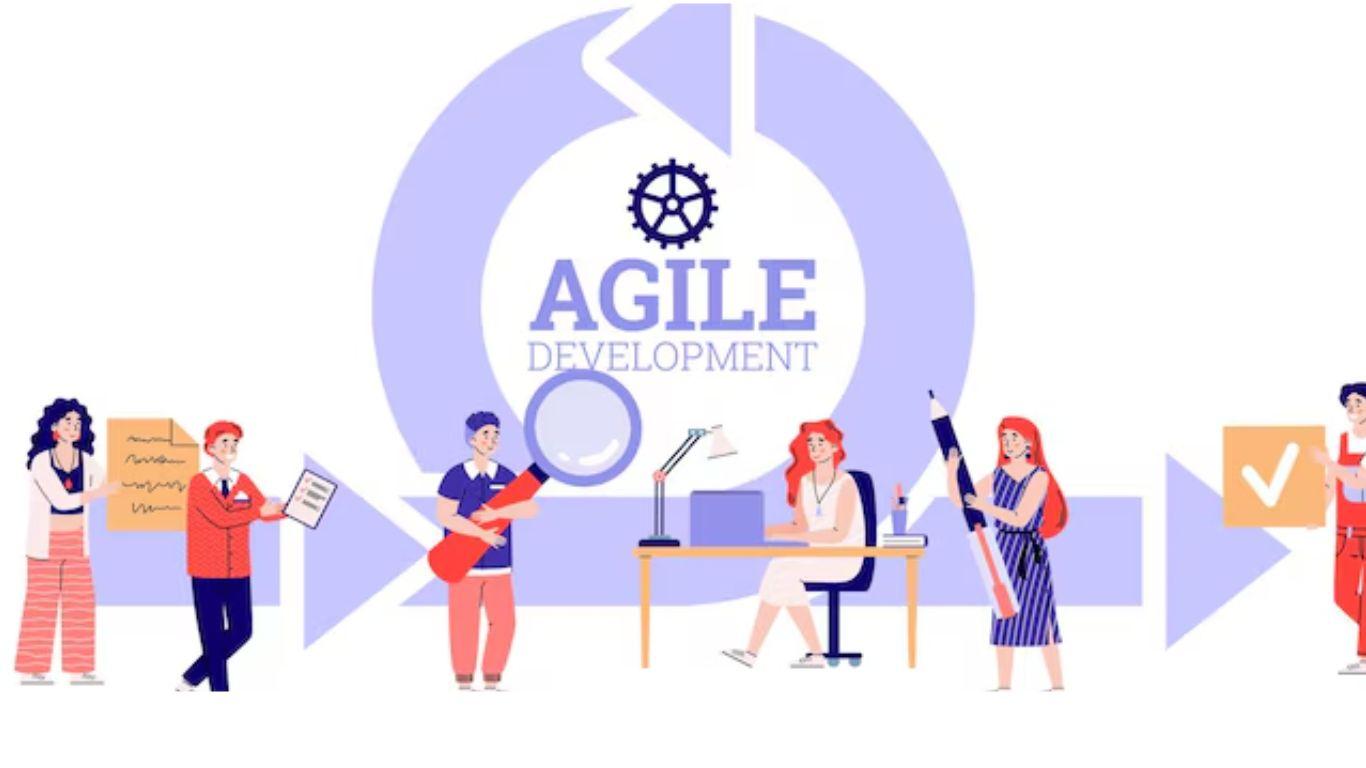Introduction:
In today’s fast-moving digital world, businesses are constantly seeking ways to deliver high-quality products faster and more efficiently. Agile methodologies, especially Scrum, have become the go-to frameworks to manage software development and other complex projects. But understanding Scrum is not enough anymore. Employers want professionals who are certified, trained, and ready to lead Agile teams with confidence.
This is where Professional Scrum Master (PSM) Certification and Certified ScrumMaster (CSM) Certification come in. These globally recognized credentials validate your knowledge and make you stand out in a competitive job market. If you're wondering how Scrum professional certification training can sharpen your skills and elevate your career, this blog will guide you step by step.
What Is Scrum and Why Certification Matters?
Scrum is a lightweight Agile framework that helps teams collaborate, adapt, and deliver results quickly. It is used widely across industries, not just in IT.
To truly leverage Scrum in real-world scenarios, formal training and certification help professionals understand:
-
Roles (Scrum Master, Product Owner, Development Team)
-
Events (Sprint, Daily Scrum, Sprint Review, Sprint Retrospective)
-
Artifacts (Product Backlog, Sprint Backlog, Increment)
Becoming a Professional Scrum Master or a Certified ScrumMaster is more than just earning a badge. It proves you can guide teams through Agile transformation, remove obstacles, and ensure successful delivery.
CSM Certification vs. PSM Certification: What’s the Difference?
Certified ScrumMaster (CSM)
-
Focus: Emphasis on foundational knowledge
-
Training Required: Mandatory two-day training with a certified trainer
-
Exam Format: 50 questions (multiple choice), online
-
Renewal: Every two years, with continuing education credits and fees
Professional Scrum Master (PSM)
-
Focus: Deeper understanding of Scrum principles and their practical application
-
Training Required: Optional training (self-study allowed)
-
Exam Format: 80 questions, time-limited, open-book exam
-
Renewal: Lifetime validity
Which Should You Choose?
-
Beginner: CSM is a great start for those new to Scrum.
-
Experienced Professional: PSM is ideal if you're confident with Agile practices and want a more rigorous evaluation.
-
Career Perspective: Both are respected, but PSM Certification is often seen as more challenging and thus adds more weight to your resume.
Why Scrum Professional Certification Training at H2K Infosys?
At H2K Infosys, we take Scrum training to the next level with real-time case studies, mock interviews, and interactive live sessions. Our Professional Scrum Master Certification training is designed to ensure that you’re not just exam-ready but job-ready.
Our Training Covers:
-
Scrum theory, values, and principles
-
Role of the Scrum Master with hands-on role-play exercises
-
Practical application in real-time Agile environments
-
Sprint planning, execution, review, and retrospectives
-
Tools like Jira, Trello, and Confluence for Scrum project tracking
Real-World Use Case: Scrum in Action
Case Study: Agile Transformation in a Financial Tech Company
A mid-size fintech company adopted Scrum to speed up their release cycles and improve product quality. After training the internal team on Scrum principles and appointing certified Scrum Masters, they reduced release time by 40% and improved team collaboration.
Key Results:
-
Faster time-to-market
-
Better customer feedback loop
-
Reduced burnout among team members
This showcases how professional scrum master certification directly contributes to organizational success.
Step-by-Step Guide: How to Get Certified
Step 1: Choose Your Certification Path
Decide between CSM or PSM, depending on your goals and learning preferences.
Step 2: Enroll in Training
Join H2K Infosys’s Professional Scrum Master course with expert trainers, hands-on exercises, and mock assessments.
Step 3: Prepare with Study Material
Use resources like:
-
Scrum Guide by Ken Schwaber and Jeff Sutherland
-
Practice quizzes
-
Recorded lectures
-
Team activities during live sessions
Step 4: Take the Exam
-
PSM: Online, 80 questions, 60 minutes
-
CSM: Online, 50 questions, 60 minutes
Step 5: Get Certified
Celebrate your achievement and update your resume and LinkedIn profile.
Benefits of Becoming a Certified ScrumMaster or Professional Scrum Master
-
Career Advancement: Opens doors to roles like Agile Coach, Scrum Master, Project Manager, and Product Owner.
-
High Salary Potential: Certified professionals earn up to 25% more than non-certified peers.
-
Increased Job Opportunities: Organizations actively seek candidates with CSM or PSM certifications.
-
Leadership Skills: Gain expertise in team facilitation, conflict resolution, and stakeholder communication.
-
Global Recognition: Both certifications are internationally recognized and respected.
Tools & Skills You Gain Through Our Training
|
Skills |
Tools You Will Learn |
|
Sprint Planning |
Jira, Azure DevOps |
|
Agile Estimation |
Confluence |
|
Team Collaboration |
Miro, Slack |
|
Retrospective Analysis |
Retrium |
|
Scrum Metrics & KPIs |
Excel Dashboards |
We ensure your training is not just theoretical but deeply hands-on and practical.
Key Takeaways
-
CSM and PSM certifications validate your skills in Agile project delivery.
-
H2K Infosys’s Professional Scrum Master course offers expert-led training with real-time scenarios.
-
Certifications open doors to high-paying roles across industries.
-
Hands-on experience is key to mastering Scrum—and we provide that in abundance.
-
Choose your certification path and start your Agile journey today.
Conclusion
Scrum isn’t just a methodology; it’s a career-defining skill. With CSM or PSM certification, you position yourself as a valuable asset in the Agile world. Whether you're just starting or aiming to move into leadership, professional training from H2K Infosys will guide your journey with real-time projects, expert mentoring, and career support.
Ready to lead Agile teams and transform your career? Enroll in H2K Infosys’s Scrum Master training today and master the skills that hiring managers are looking for.





